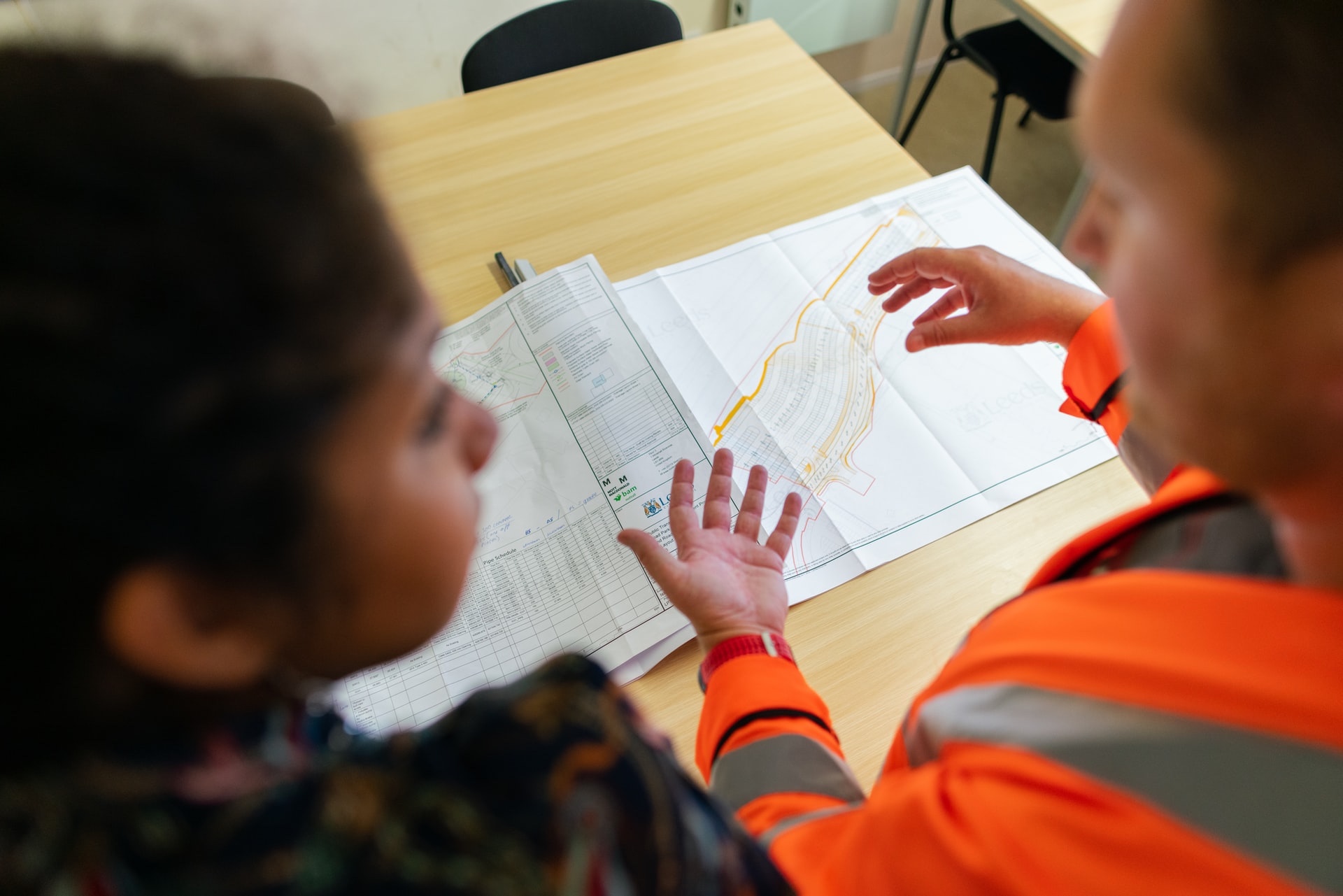Have a story idea
Have a story idea? Send it to us here.

Source : Unsplash, RAEng
June 28, 2022
Author : Alex Bustillos
The Infrastructure Investment and Jobs Act or IIJA, dubbed the Bipartisan Infrastructure Law has provided $1.2 trillion to repair roads, airports, transits, and public transportation systems.
It is funding the development of advanced energy and clean water technologies, and better internet connectivity, and other infrastructural improvements.
In addition, the bill is supposed to help create hundreds of thousands of jobs. As part of this process, the federal government is working to improve wage safeguards, lessen discrimination, and strengthen the enforcement of legal protections for workers employed by federal agencies.
Public works contractors have been raring to go, with prime contractors and subcontractors seeing a wide variety of new job opportunities.
Yet, it's not all sunshine when it comes to the IIJA; historic inflation levels, rising labor costs, and rising bid numbers are all potential pitfalls.
States throughout the nation are seeing project bids come in up to 30% more than their initial forecasts. The policy (Public Law 117-58) restricts the capacity of officials to wait out the worst of the economic turmoil by allocating billions to be spent on surface transportation annually over the following five years.
Federal officials are aware of the pressure on projects. However, they are relying on the legislation's multi-year funding in the hopes that inflation will moderate while projects are still in progress. At the federal level, the demands have already resulted in certain reforms, such as postponing the Buy America requirements.
According to a study by the US Bureau of Labor Statistics, the Associated Builders and Contractors issued the producer pricing index data last week; construction input prices increased by 21 percent from a year ago. Iron and steel costs have risen by 103% since 2020, while concrete costs have increased by 17%.
ABC Chief Economist Anirban Basu remarked, "When the inflation genie is let out of the bottle, it is very difficult to put back into the bottle."
The average hourly wage for production and nonsupervisory workers in the construction industry increased to $32.19 in May, a 6.3 percent increase from a year earlier and the most significant increase in 40 years.
This is the trend that worries construction firms most; they are paying more for underskilled employees without reaping the benefits of increased productivity or overall growth of the construction sector.
"We are at an inflection point," Basu said. "Whatever the level of shortage has been in construction with respect to the workforce, it's about to get worse."
Budgets and plans for building roads and bridges are frequently planned in advance, with departments developing cost estimates before inviting bids. State transportation authorities are receiving bids for projects that are 10 to 30 percent more expensive than anticipated due to rising prices overall.
"As long as there is a financial crunch on supply stuff and on inflation stuff, it's going to affect everything that we're doing in the $1.2 trillion at some point in time," White House infrastructure head Mitch Landrieu said.
It was a "perfect storm," according to Brad Wieferich, chief operations officer of the Michigan Department of Transportation. He claimed they are coping with Covid-19's effects on labor and the battle to obtain resources. Due to the uncertainty surrounding materials and procurement, contractors must include far more risk in their bids.
Mike Keiser, acting deputy secretary for highway administration at the Pennsylvania Department of Transportation, said that he sees 15 percent higher bids than estimates set last year. One contributing factor is the increase in fuel prices.
The Biden administration is collaborating with states to stop fraud and misuse, but its unclear how successful these efforts have been. According to Ryan Berni, a senior consultant on infrastructure implementation, "there are some cases where bids would expect to come in 20 or 30 percent higher, come in 200 percent higher, and that's not a result of inflation or cost constraints."
ABC's Basu also advised decision-makers to postpone some projects to get lower bids down the road. However, for some, waiting isn't their best bet.
According to Kari Karst, president of BX Civil & Construction, lawmakers should offer some wiggle room and take steps to lower regulatory barriers, such as simplifying environmental and permitting review, to enable them to deal with the rising problems.
Bookmark Contractor News to follow the latest on the construction industry and public works.
Category : Economic Stimulus Federal Government Investment in Infrastructure Market Watch Material Costs Public Works
